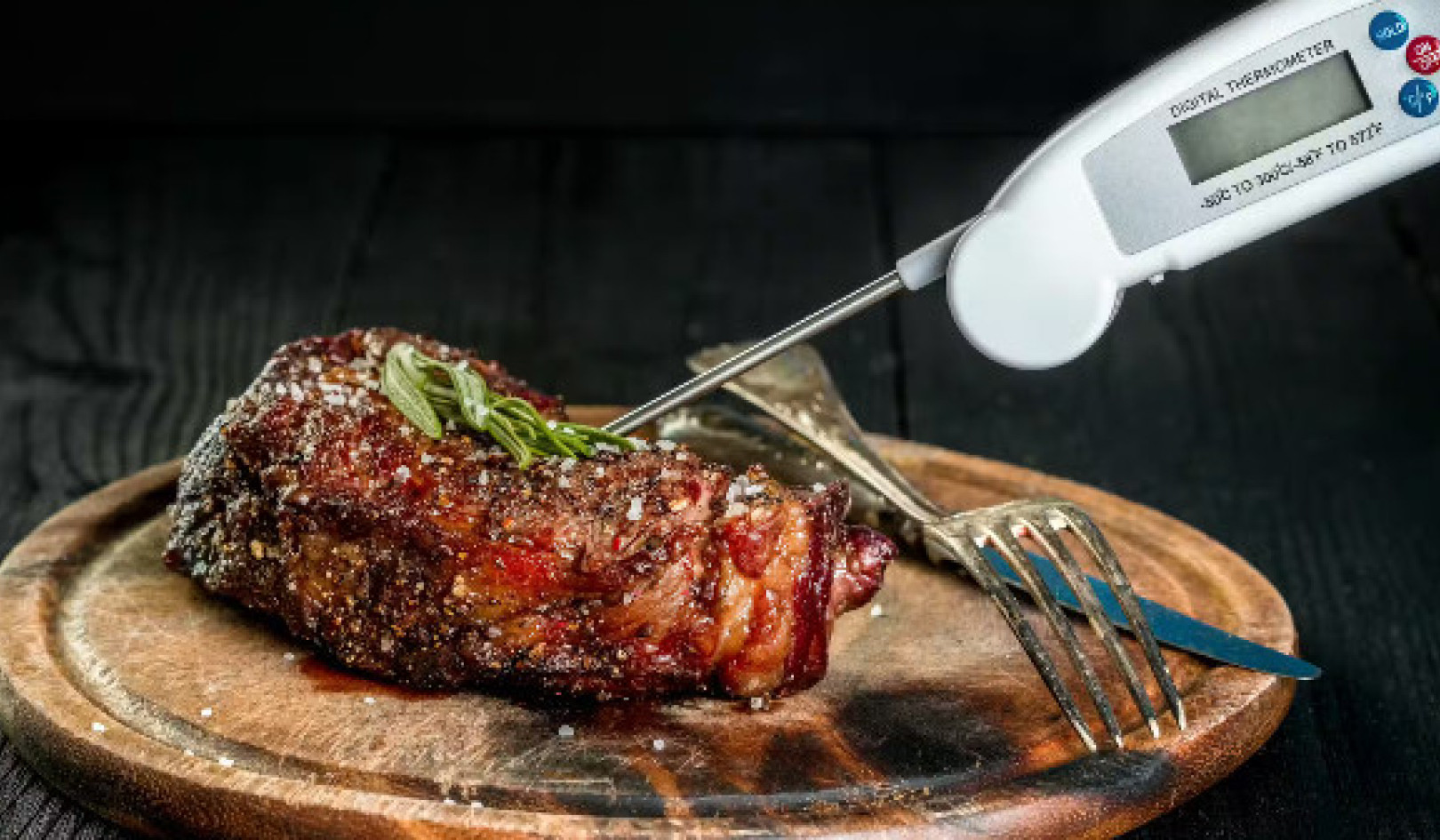
One of the greatest “a-ha” moments of my exploration into healing was when I realized that just because a person is afraid to take on a complicated new diet or unable to stick to a daily exercise regime, it doesn’t mean that she is inherently disorganized or lacking in self-discipline. It means that something is getting in the way.
This is true for everybody. If there is something that you would like to be doing for your health that you are just not getting to—like making medical appointments, doing your physical therapy, or eating healthier meals—it does not mean that you are lazy or inherently disorganized. It means that some obstacle is blocking you from seeing and doing one of the healthiest, most important, and divinely attuned things you could be doing: Taking care of your well-being.
Sometimes the obstacle is an emotional one, like a negative body image that makes exercise challenging or a work ethic that makes any seemingly “nonproductive” activity like yoga appear worthless. Sometimes it’s a logistical one, like not having time to make a healthy lunch.
How Emotions Matter
If you are having a hard time committing to your healing work, it means that emotional or logistical obstacles are getting in your way. The truth, though, is that it’s mainly emotions. Most logistical obstacles could be overcome with the right attention and support—if our emotions didn’t get in the way.
We might say, “The gym is too far,” or “I don’t have the time or money to make healthy food,” but the reality is that if we had enough support and weren’t afraid of change, doubtful of the outcome, or had some other hesitation, we could usually find a creative solution.
The logistical obstacles are bigger and harder to overcome for some people than others; particularly those with few financial resources or significant physical disabilities, but anything can be possible if you get the right support and have the right mindset.
I’m not saying that most of the time we have total control over the outcome of our health. That’s way more mysterious. I am saying that most of the time, and maybe even all of the time, you could have more control over how you take care of your health, if some tough feelings didn’t get in the way.
Keep in mind that those tough emotions are not your fault. You came by any emotional blocks you now have through genetic predisposition and events beyond your control when you were young. It can be hard to overcome them. However, you are the only one that can do it. And, once you do identify the emotions that are tripping you up and loosen their hold, the sky is the limit for what you can do with your health.
When Feelings Rule Your Decisions
I thought by masking the depression with silence,
the feelings might disappear. — Sharon E. Rainey
We all like to think of ourselves as rational people who make decisions based on what is best for us in the long run. Sometimes we do that, but sometimes we don’t. I often hit the next episode button on my favorite TV show, when heading to bed would be a better idea. I might eat a big dessert even though I won’t feel great afterward.
I don’t think I am the only one who lets my emotions control a lot of my actions. Do any of these quotes sound familiar to you?
“I meant to go to the gym this morning, but I just didn’t feel like it.”
“I keep putting off that doctor’s appointment. It stresses me out.”
“Friends have recommended that diet to me, but it just feels too hard.”
If these sound familiar, don’t feel bad. We all let our feelings sabotage our best intentions. Sometimes we are aware of it and sometimes we aren’t. A good rule of thumb is that you are acting based on feelings instead of rational thought almost every time that you reach for the less healthy food, don’t call the doctor when you think you should, or choose not to prioritize your health in any way. For most of us, that’s a lot of the time.
That is not to say that we should never have a big dessert or skip a trip to the gym. It’s just that when we do those things regularly or don’t even try to make changes that could help us heal because they “feel” too hard, we are letting our emotions get in the way.
The truth is that even if you are well aware that your feelings are controlling your actions, finding a way to handle those emotions in a healthy manner can be tough. The first person who taught me about the power of emotions to derail healing efforts was my dad, Jim Hillis. He was diagnosed with pulmonary sarcoidosis when he was 69. That’s an autoimmune disease that causes inflammation in the lungs and can cause difficulty breathing.
After his diagnosis, I did a bunch of research and found stories of people who had reduced their sarcoidosis symptoms through an anti-inflammatory diet that was high in vegetables and fiber and low in gluten, sugar, and processed food of any kind. I told Dad about this and encouraged him to consider it. But Dad had grown up in the 1940s in Nebraska and, in addition to being a class act and a brilliant man, he was a meat-and-potatoes guy with a sweet tooth. Although he and my mom did try to alter his diet a number of times, it was never a significant change; and it was no match for his illness.
His lung capacity continued to decrease and he was put on increasingly high doses of steroids, which had their own set of nasty side effects. The last time I talked with him about trying a more significant diet change, he said to me, “I appreciate your concern, and I know that changing my diet might improve my health. But every time I try to change the way I eat, I get depressed. So, what good is that? Would I be living longer or would I just feel like I was living longer?”
I tried to encourage him to find a way to deal with the feelings of depression instead of self-medicating with sugar and carbs, but it wasn’t his style.
The last time I visited Dad before he died, we were sitting down to breakfast and he said to me, “I want you to know that I have taken to heart some of your advice. Now I have a bowl of high-fiber cereal instead of a cinnamon bun every morning.”
He continued: “It works fine as long as I add a little of this on top,” and he proceeded to squirt a spiral about six inches tall of whipped cream on top of his low-calorie, high-fiber cereal. He always had an incredible sense of humor, which is one of the many things I missed about him after he died of lung failure nine months later at the age of 74.
Identifying the Tough Emotions
We must be willing to encounter darkness and despair when they come up and face them, over and over again if need be, without running away or numbing ourselves in the thousands of ways we conjure up to avoid the unavoidable. —Jon Kabat-Zinn
It absolutely breaks my heart when I think about Dad’s inability to change how he ate. I can’t be sure that a significant diet change would have prolonged his life. I do know, however, that it was essentially not an option for him because he had no way to deal with the tough emotions brought up by changing his diet.
I don’t blame my dad. I had the same problem. The healing diet that ultimately got me back to full health was recommended to me in the first year of my illness, but I barely gave it a second thought. Five years of illness and suffering later, I finally decided to take that original advice. Dad didn’t have that much time. He died less than five years after his diagnosis.
A Whole New Level of Wellness
Let’s look at a case where identifying the tough emotions enabled one person to achieve a whole new level of wellness. Charles, a single, 40-year-old computer engineer, was diagnosed with rheumatoid arthritis. His physician recommended that he work with a physical therapist to develop an exercise routine to help manage his symptoms. His response was a fairly hopeless, “I’m not very coordinated. I’m just not into exercise. Maybe I’ll try that later.” Plus, the physical therapist that he was referred to worked at a gym and Charles hated being at the gym. “Working out at a gym is just not me,” he would say.
Finally, a friend said something like this to him, “There is nothing about working out at a gym that is not ‘you.’ You just hate going there because you got bullied in gym class as a kid when you were a little chubby and clumsy. You’re not that kid anymore. So, if you want to stay healthy and be able to work and live your life, you better get over it and get to that gym.”
It took Charles a little while to integrate that powerful insight, but eventually he did and got himself to the gym. We don’t all have friends who are that emotionally intelligent or in-your-face obnoxious. It’s important that we do the work ourselves to explore why we aren’t doing everything we can to take care of ourselves and then address that as best we can.
©2015 by Janette Hillis-Jaffe. All rights reserved.
Reprinted, with permission of New Page Books/
Career Press, Pompton Plains, NJ. 800-227-3371.
Article Source
 Everyday Healing: Stand Up, Take Charge, and Get Your Health Back...One Day at a Time
Everyday Healing: Stand Up, Take Charge, and Get Your Health Back...One Day at a Time
by Janette Hillis-Jaffe.
Click here for more info and/or to order this book.
About the Author
 Janette Hillis-Jaffe is a sought-after speaker, consultant and coach, with a Masters in Public Health from the Harvard School of Public Health. She spent thousands of hours studying counseling, nutrition, the mind-body connection, and the U.S. health care system during her successful effort to heal from her own six-year debilitating autoimmune disorder. She is passionate about supporting others to take charge and achieve their best health possible.
Janette Hillis-Jaffe is a sought-after speaker, consultant and coach, with a Masters in Public Health from the Harvard School of Public Health. She spent thousands of hours studying counseling, nutrition, the mind-body connection, and the U.S. health care system during her successful effort to heal from her own six-year debilitating autoimmune disorder. She is passionate about supporting others to take charge and achieve their best health possible.
Watch a video: Heal for Real from Illness and Injury (by Janette Hillis-Jaffe)

























